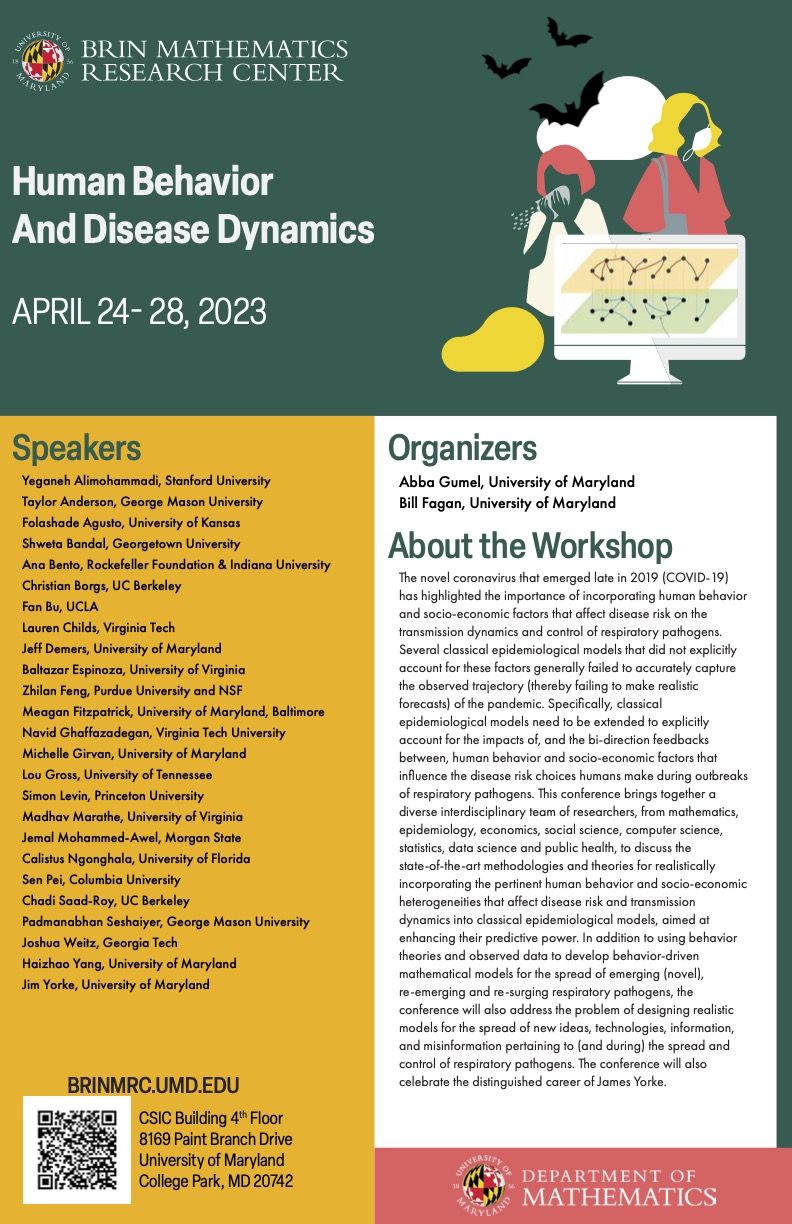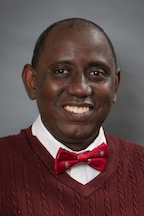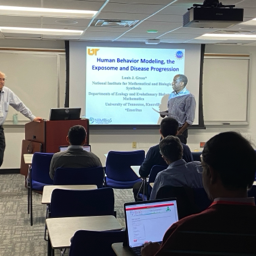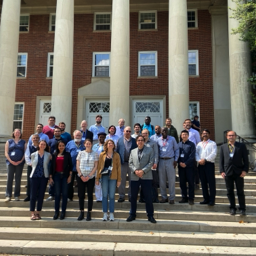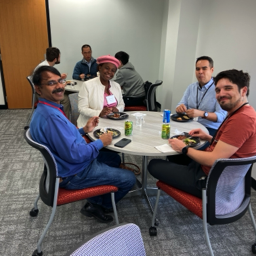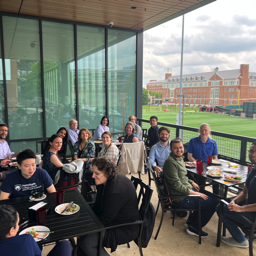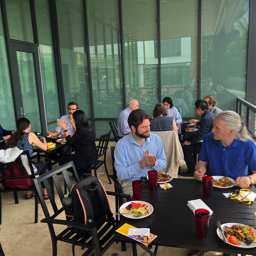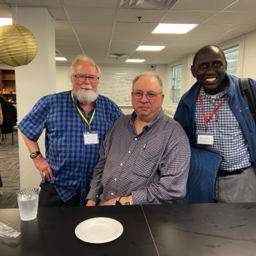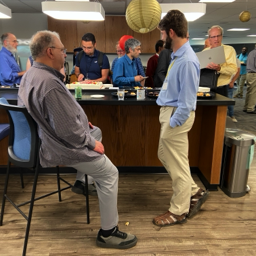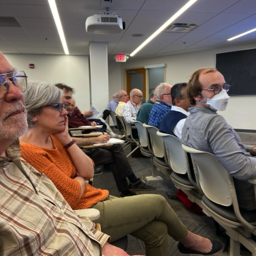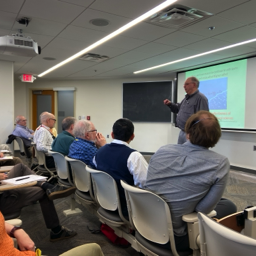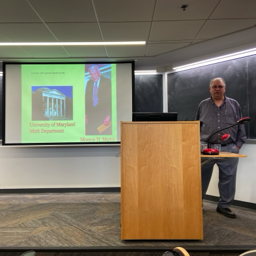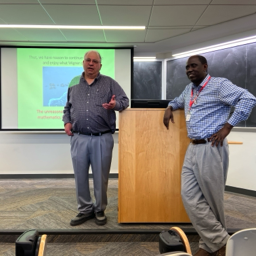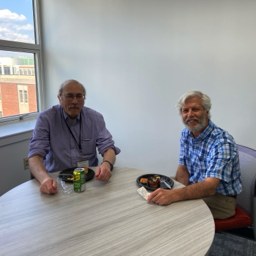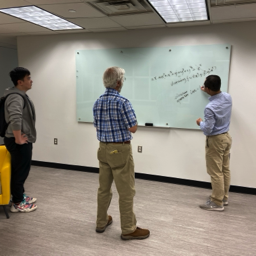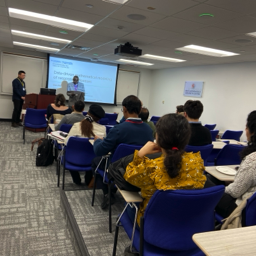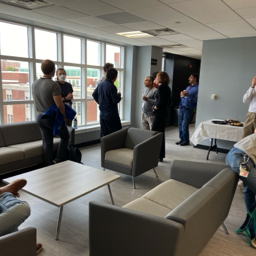Human Behavior and Disease Dynamics
April 24, 2023 - April 28, 2023
Organizers:
The novel coronavirus that emerged late in 2019 (COVID-19) has highlighted the importance of incorporating human behavior and socio-economic factors that affect disease risk on the transmission dynamics and control of respiratory pathogens. Several classical epidemiological models that did not explicitly account for these factors generally failed to accurately capture the observed trajectory (thereby failing to make realistic forecasts) of the pandemic. Specifically, classical epidemiological models need to be extended to explicitly account for the impacts of, and the bi-direction feedbacks between, human behavior and socio-economic factors that influence the disease risk choices humans make during outbreaks of respiratory pathogens. This conference brings together a diverse interdisciplinary team of researchers, from mathematics, epidemiology, economics, social science, computer science, statistics, data science and public health, to discuss the state-of-the-art methodologies and theories for realistically incorporating the pertinent human behavior and socio-economic heterogeneities that affect disease risk and transmission dynamics into classical epidemiological models, aimed at enhancing their predictive power. In addition to using behavior theories and observed data to develop behavior-driven mathematical models for the spread of emerging (novel), re-emerging and re-surging respiratory pathogens, the conference will also address the problem of designing realistic models for the spread of new ideas, technologies, information, and misinformation pertaining to (and during) the spread and control of respiratory pathogens. The conference will also celebrate the distinguished career of James Yorke.
Speakers:
- Yeganeh Alimohammadi, Stanford University
- Taylor Anderson, George Mason University
- Folashade Agusto, University of Kansas
- Shweta Bansal, Georgetown University
- Ana Bento, Rockefeller Foundation & Indiana University
- Christian Borgs, UC Berkeley
- Fan Bu, UCLA
- Lauren Childs, Virginia Tech
- Jeff Demers, University of Maryland
- Baltazar Espinoza, University of Virginia
- Zhilan Feng, Purdue University and NSF
- Meagan Fitzpatrick, University of Maryland, Baltimore
- Navid Ghaffazadegan, Virginia Tech University
- Michelle Girvan, University of Maryland
- Lou Gross, University of Tennessee
- Simon Levin, Princeton University
- Madhav Marathe, University of Virginia
- Jemal Mohammed-Awel, Morgan State
- Calistus Ngonghala, University of Florida
- Sen Pei, Columbia University
- Giulia Pullano, George Washington University
- Chadi Saad-Roy, UC Berkeley
- Omar Saucedo, Virginia Tech University
- Padmanabhan Seshaiyer, George Mason University
- Joshua Weitz, Georgia Tech
- Haizhao Yang, University of Maryland
- Jim Yorke, University of Maryland
